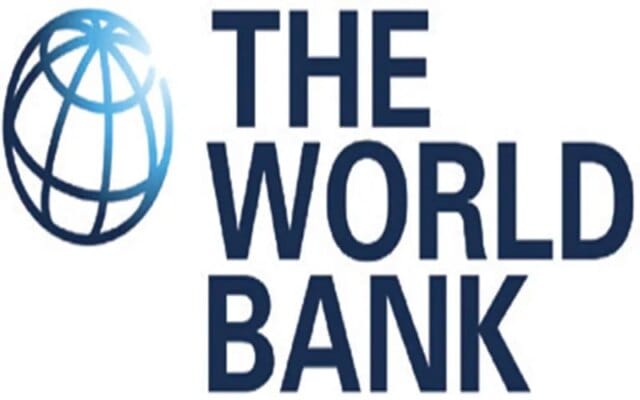New Delhi, May 4: A high-level Indian delegation is set to present the country’s land governance initiatives, the SVAMITVA Scheme and the Gram Manchitra platform, at the World Bank Land Conference 2025, held from May 5 to 8 at the World Bank Headquarters in Washington, D.C. Led by Vivek Bharadwaj, Secretary, Ministry of Panchayati Raj (MoPR), the delegation includes senior officials from the Ministry, the Survey of India, and state governments of Maharashtra and Uttar Pradesh. The team will represent India’s progress in modernising rural land administration using cutting-edge geospatial technology and drone mapping, positioning India as a global leader in digital land reforms.
This year’s conference, themed “Securing Land Tenure and Access for Climate Action: Moving from Awareness to Action,” brings together international policymakers, experts, and development practitioners to explore land’s role in sustainable development, tenure security, and climate resilience. India’s SVAMITVA Scheme—Survey of Villages and Mapping with Improvised Technology in Village Areas—will be featured prominently in two key sessions, underscoring its global relevance.
Under the SVAMITVA initiative, legal property ownership has been provided to over 24.4 million rural households across 1.6 lakh villages, mapping more than 100 million property parcels and unlocking an estimated $1.162 trillion in land value.
The initiative has become a benchmark for inclusive governance, dispute resolution, and rural empowerment, particularly for women. At the conference, Secretary Vivek Bharadwaj will speak in a plenary session on “Good Practices and Challenges in Land Tenure and Governance Reform,” highlighting SVAMITVA’s impact on achieving Sustainable Development Goal Target 1.4.2, which focuses on legally recognized land tenure rights. Meanwhile, Shri Alok Prem Nagar, Joint Secretary, MoPR, will lead a technical session on climate-responsive planning through Gram Manchitra, a digital platform that leverages SVAMITVA’s high-resolution data for rural infrastructure development, solar siting, disaster preparedness, and integrated village-level planning.
India’s presence at the conference signals its growing influence in shaping global narratives on land governance. The country’s digital-first approach and commitment to South-South cooperation are increasingly viewed as replicable models by developing nations. Interest in India’s land reforms has been building steadily—just this March, India hosted a six-day international workshop that attracted participants from 22 countries, many of whom expressed intent to adopt similar technology-driven frameworks. As global attention turns to land’s role in climate mitigation and socio-economic resilience, India’s SVAMITVA and Gram Manchitra platforms stand out not only as technical achievements but as tools for sustainable, people-centric development.








